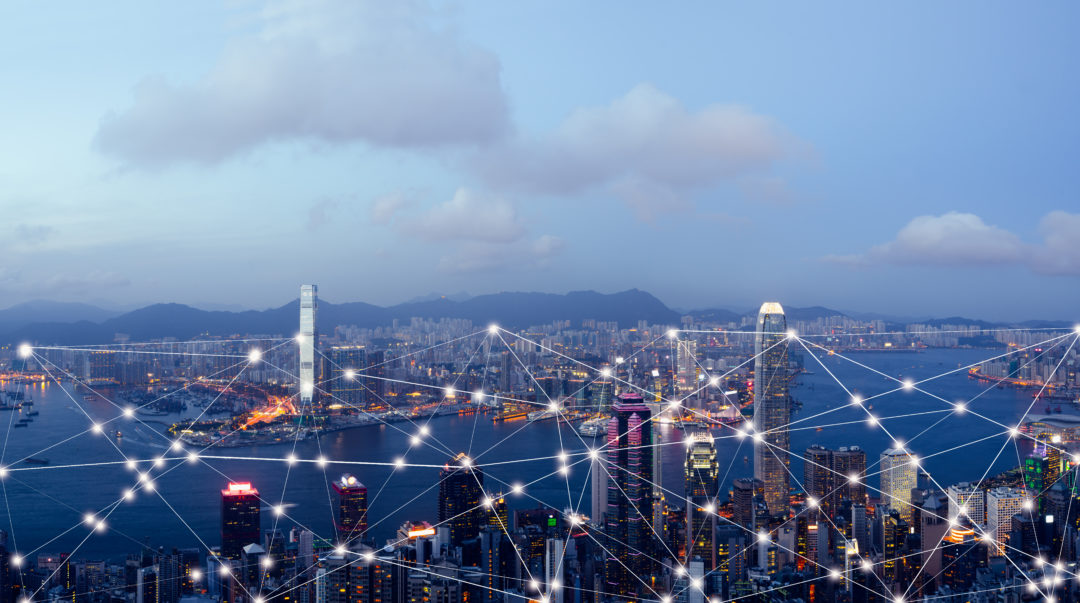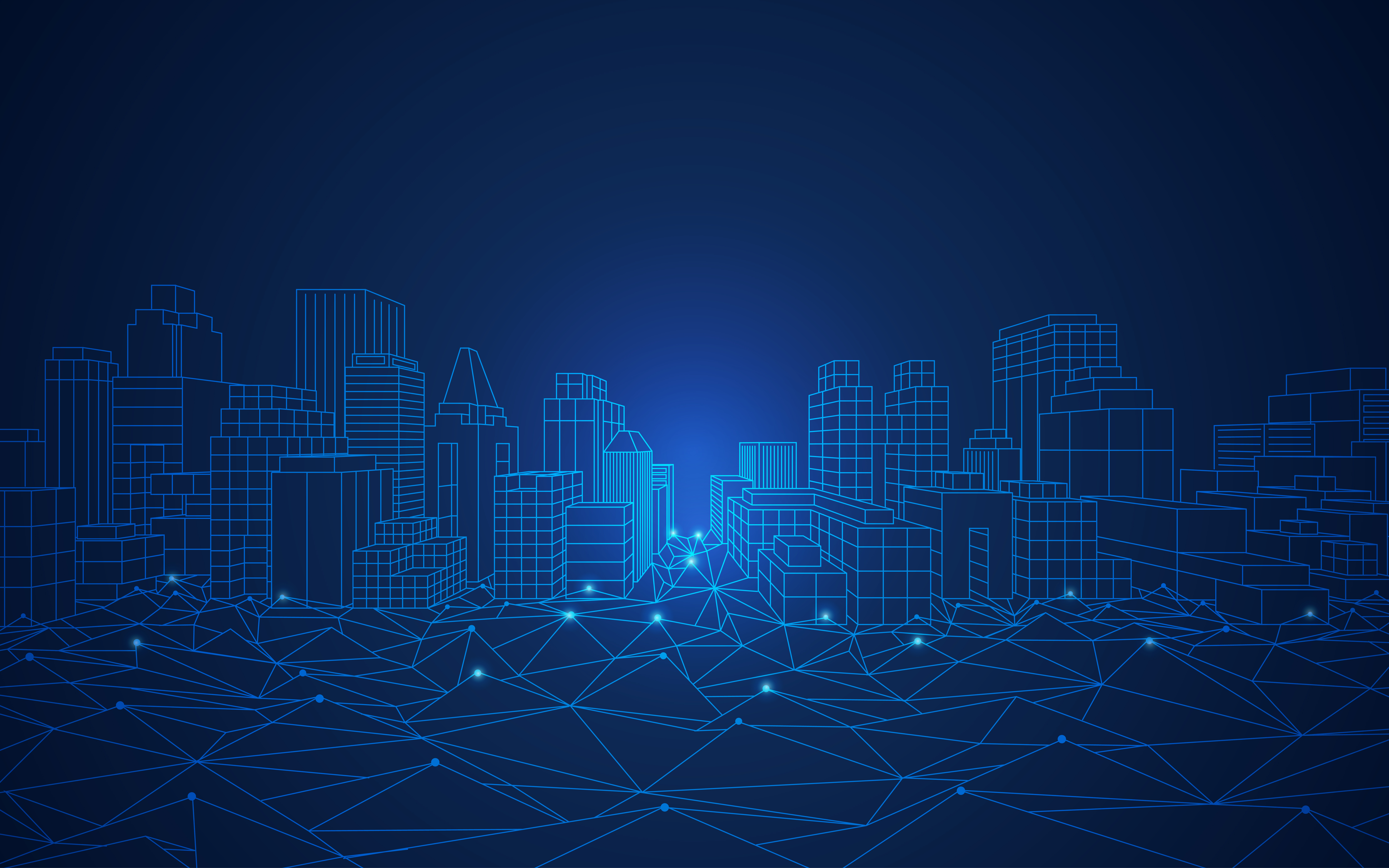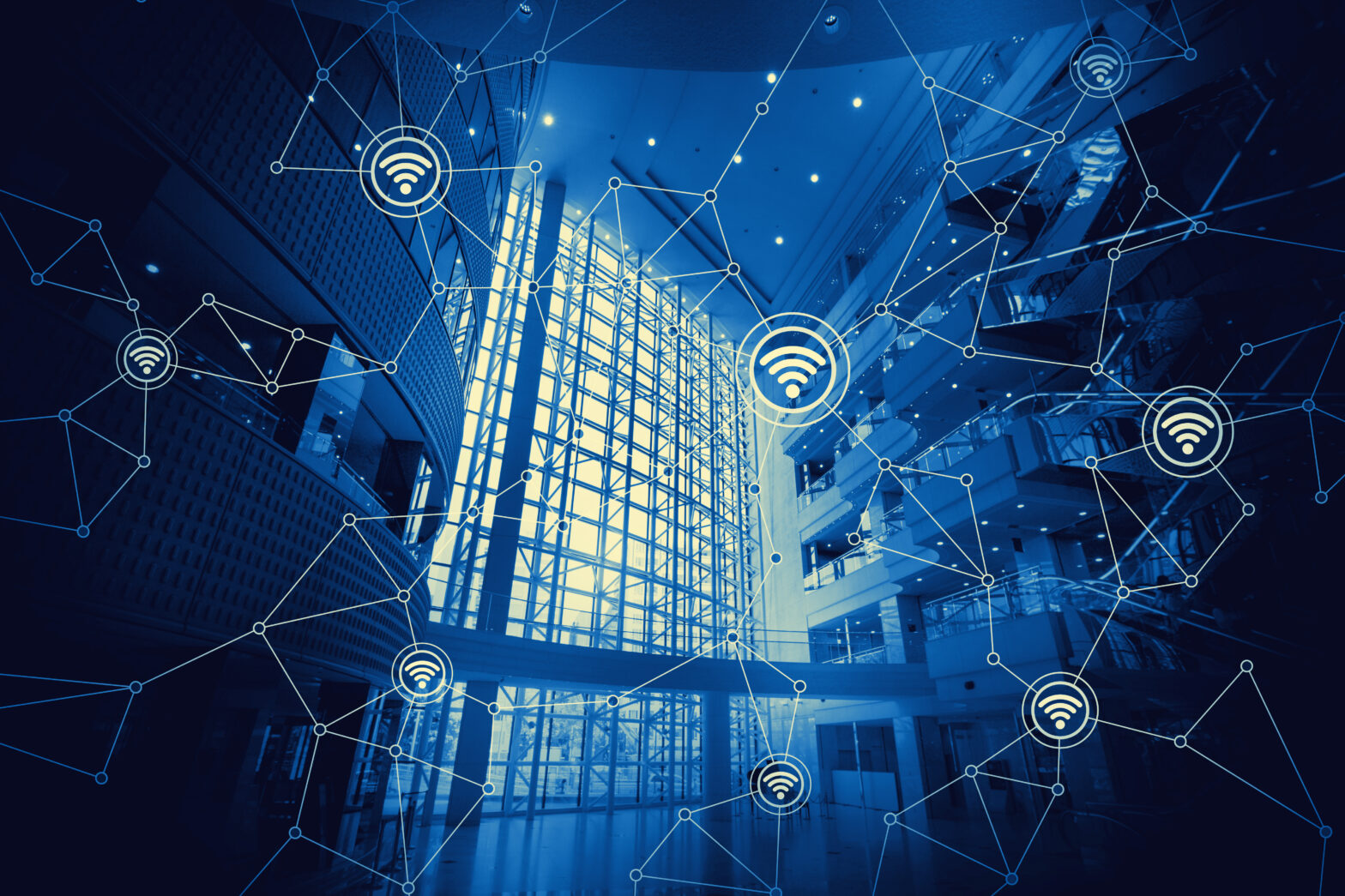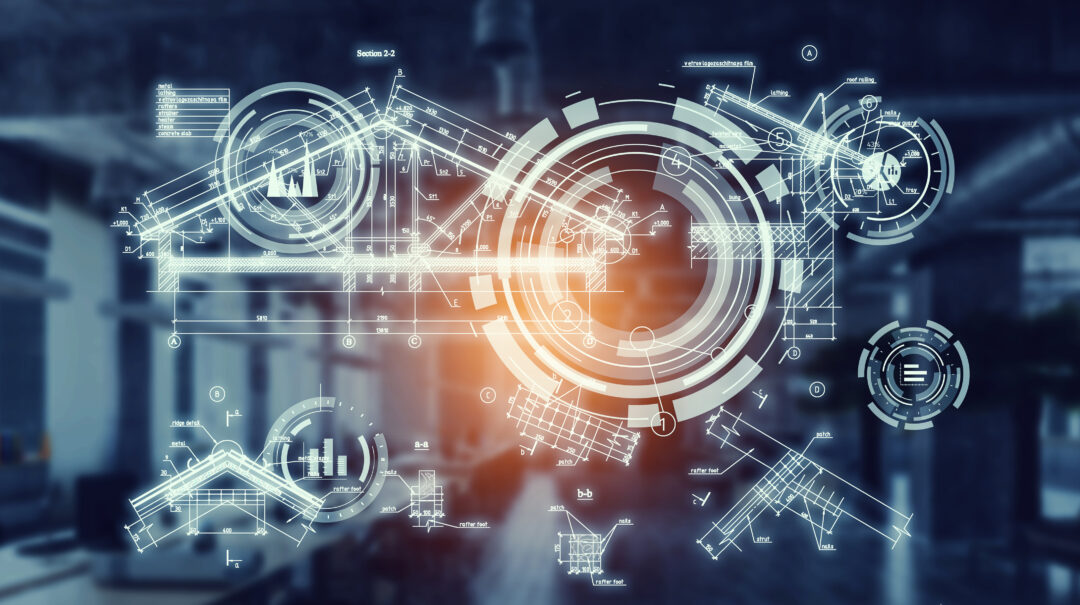Historically the world was explored by sea but today we’re more likely to look to the roads, rails, and skies for transport. With Brexit on the horizon, one of the key topics on the lips of the nation is our borders. In December, port chiefs warned that a two-minute delay in Dover would lead to a 17-mile queue of lorries on the M20. The government quickly announced plans to introduce Operation Brock, which, in the event of Brexit-related traffic problems, will see one carriageway closed to vehicles to provide temporary lorry parking. We need something smarter — smart ports.
However, Dover, the busiest port in the UK, is already experiencing crippling chaos due to Brexit. The “no deal” traffic measures test was branded “pointless farce” by drivers, The Road Haulage Association called measures “too little, too late” and port chiefs warned there’s no time for a tech solution to a no-deal Brexit. But with advancements in technology addressing the current and future challenges faced by ports, the benefits of Smart Ports could have been implemented across Britain’s borders to help the country sail through the Brexit transition.
Let’s take a global look at how this Smart Port technology is changing the map:
Why smart cities and the technology behind them should be on the CTOs radar
Setting sail for smart ports
The latest statistics show that 95% of the country’s total imports and exports – 500m tonnes of cargo – pass through ports every year. With shipping now transporting around 85% of all international trade by tonnage, there is reportedly $17bn in waste currently emanating from ports worldwide. To account for this increased infrastructure and resource pressure, ports are seeking smart solutions to optimise efficiency, reduce logistics costs, improve safety, and lessen environmental impacts.
Thanks to a rise in connected technologies, the augmentation of data management, and even the advent of 5G, ports are now able to achieve this. This year, The European Commission invested €695m to develop a more sustainable transportation infrastructure – through sensors and internet of things (IoT) devices – across Europe. This means the shipping and logistics industry is on course to evolve towards a completely digitised future.
Navigating choppy seas
There are, however, a number of challenges on the voyage to reaching this smart future. Pressures on productivity, demands to reduce costs, spatial constraints, and the quest for a more sustainable and environmentally friendly future are all hurdles to overcome. By embracing ‘the fourth industrial revolution’ to improve infrastructure, new technologies will enable key stakeholders to review and optimise operations to match increasing demand.
Following the arrival of Brexit, the manual checking of visitor visas and personal paperwork is expected to result in huge delays at ports across Britain. This is due to the inevitable role human error plays in system checks, a factor that could be mitigated by technology. Artificial Intelligence (AI) technologies, for example, can be implemented for automated screening processes, as well as security checks. This would improve traffic flow at ports, reducing congestion, preventing wait times, and boosting productivity through the use of a programmed algorithm.
Similar technology can also be employed to improve health and safety standards, with tracking and beacon technologies working to provide a spatial understanding from which automated alerts can be sent to the port operators when danger increases. These data sources will also enable the development of greener ports, impacting not only the environment but also the health of the port’s workers.
A primary example is the Port of Rotterdam that has installed sensors to collect real-time water, weather, and communications data. This insight can then be used to determine optimal traffic flow for ships within the port, reducing wait times and enabling the most efficient cargo loading and unloading times. This means more ships, more cargo, and more money moving through the port everyday.
By sharing the data collected at ports with key stakeholders within the ecosystem, holistic solutions can be provided that bring instantaneous benefits, as well as long term solutions. It’s these technologies that will be the driving force behind smart port productivity and the kind of innovation that will ease turmoil, such as that being brought about by Brexit.
Smart cities and augmented reality: is it set to become a reality?
Plain sailing
Although the UK currently lacks the smart technology needed to deal efficiently with the traffic influx that Brexit will bring, looking to successful initiatives around the world brings hope for the future. In Asia, for example, the busy Port of Singapore has digitised its land-based operations, with its inland terminals now providing specialist-booking facilities. This allows for the regulation of cargo arrival and can be accessed via a smartphone app which drivers can use to receive notifications and directions – automising and optimising the cargo’s journey.
A future where ports run more efficiently, with optimised infrastructure and operations, is soon to be a global reality. Processes such as customs and collections will be enhanced through data sharing – minimising turnaround times, smoothing traffic flow, and improving air quality by reducing pollution from port congestion. It is exciting to think that the ports of the future will not only be smart, but mega – balancing everything from the cargo handled to the economic value they represent –as we voyage into a post-Brexit Smart Port future that truly benefits all stakeholders.
Allen Dickson, is the CCO of GeoSpock










